THIS ARTICLE/PRESS RELEASE IS PAID FOR AND PRESENTED BY NTNU Norwegian University of Science and Technology - read more
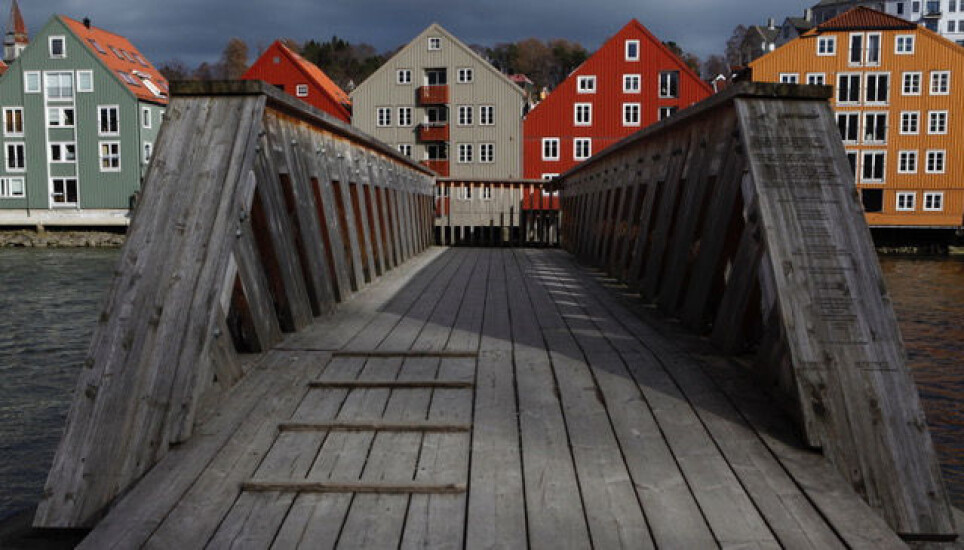
NTNU becomes partner to the New European Bauhaus initiative
NTNU has been selected by the European Commission to become partner to the New European Bauhaus initiative. “This will be an important and exciting partnership for us,” says Tor Grande, Pro-Rector for Research.
The heart of the New European Bauhaus (NEB) initiative lies in mobilizing the arts as well as the larger cultural and creative sectors to take a leading role in shaping our climate-neutral, sustainable and inclusive futures, and to build a strong dialogue with science and technology.
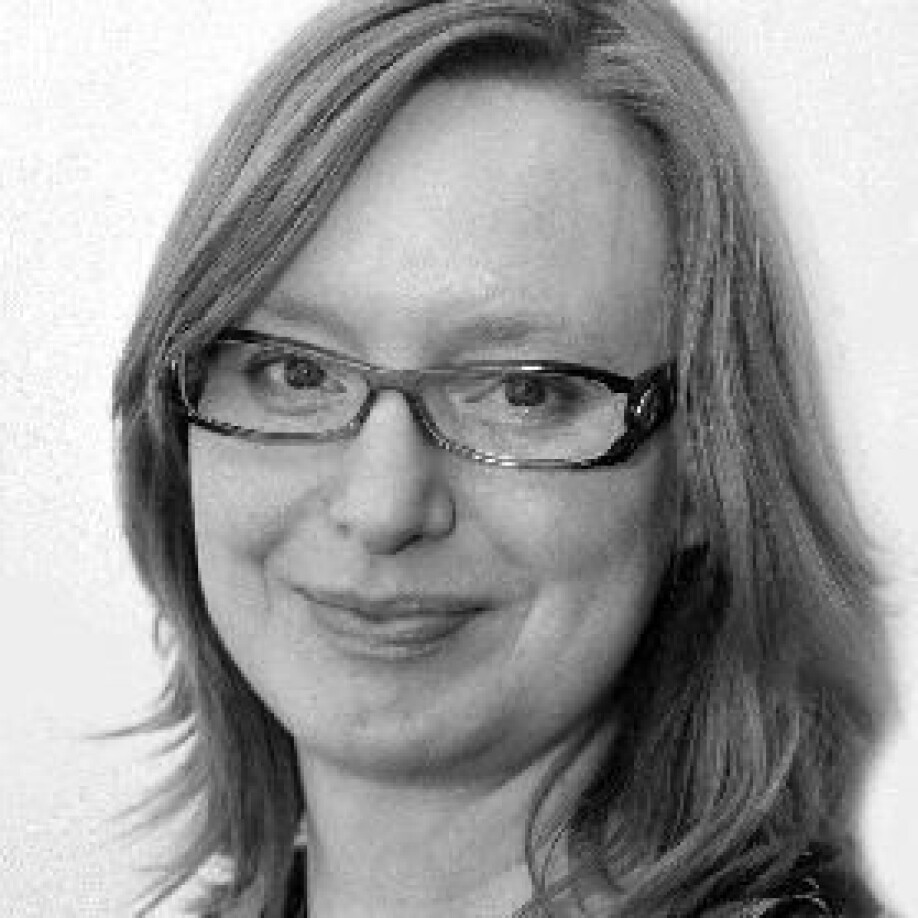
“At NTNU, we see the initiative for a New European Bauhaus as a great opportunity to contribute to the Horizon Europe Missions with research-driven societal innovation. It allows us to merge our artistic and scientific methods into actionable, sustainable futures, in a way only NTNU can,” says Annemie Wyckmans, Head of NTNU’s Smart and Sustainable Cities.
The NTNU partnership is hosted by the Faculty of Architecture and Design.
The Green Deal
The New European Bauhaus initiative was launched in 2020 by European Commission President Ursula von der Leyen. The initiative wants to make the Green Deal a cultural, human centred and positive, 'tangible' experience. It brings the Green Deal to the people by building a new future together.
“We are proud and delighted to be able to call ourselves a partner in the New European Bauhaus and we thank the Faculty of Architecture and Design, which has taken on responsibility for coordination at NTNU. This is an important initiative that aims to realize the European Green Deal in an attractive and innovative way centred on citizens’ needs. By building a bridge linking technology and science with art and culture, citizens will take active ownership of the Green Deal,” says Tor Grande, Pro-Rector for Research.
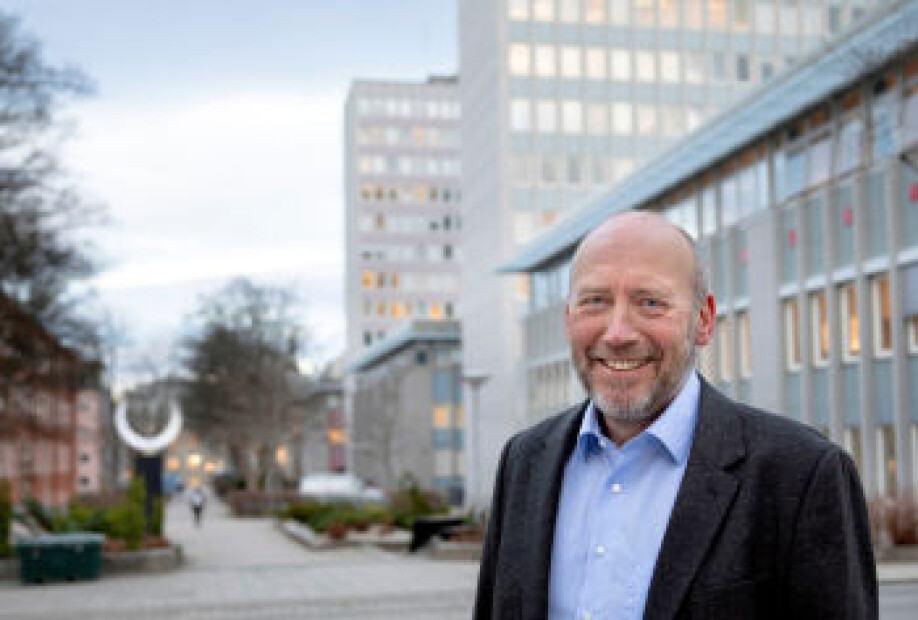
“Interdisciplinary cooperation will play a key role in the initiative, and NTNU’s unique standing as a broad-based university with its main profile in technology is an excellent starting point. Here, NTNU will have a great deal to contribute, while this will strengthen our collaboration across organizational structures and disciplines. An important and exciting partnership lies ahead for us,” says Grande.
Can open new doors
“The official partnership with the New European Bauhaus initiative of the EU commission can open new doors for artistic and practice-based research at NTNU to build new alliances locally, regionally and internationally,” says Florian Schneider, Professor and Head of NTNU’s Academy of Fine Art.
It also opens up to a wide range of EU projects within and beyond the Horizon Europe framework program.
NTNU’s commitment to the New European Bauhaus is based on a long-term strategy of systematically initiating, expanding and strengthening the dialog between the arts and technology, the sciences and culture.
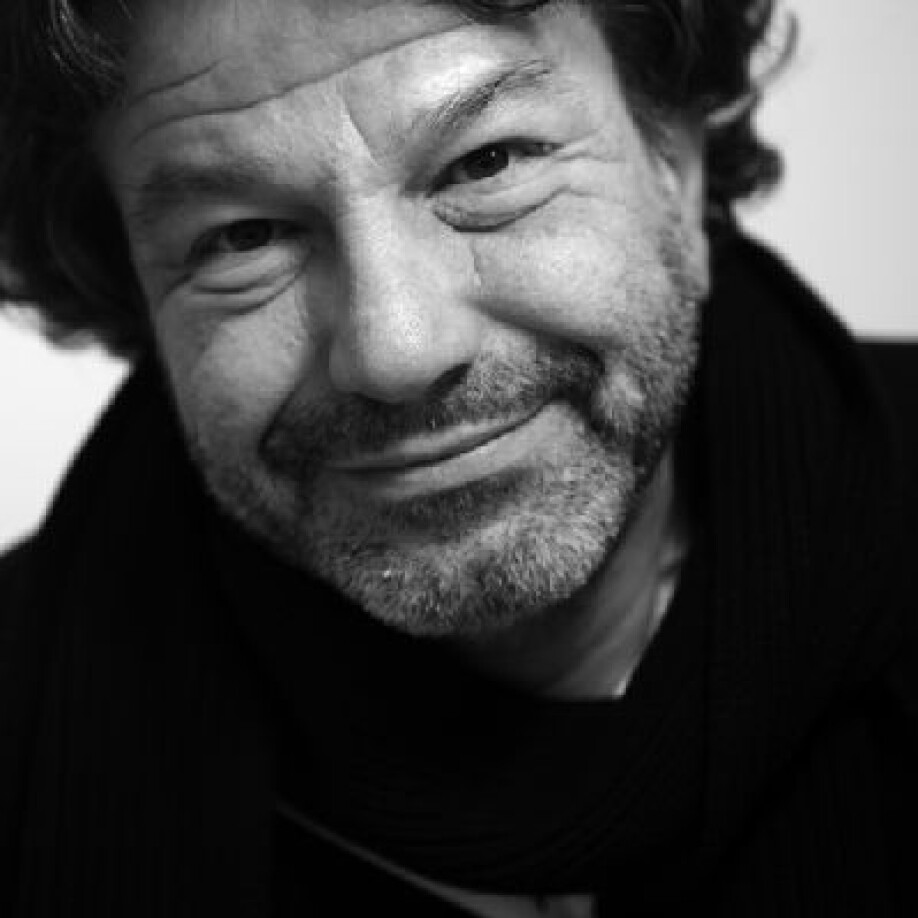
“By drawing on a diverse range of research methodologies – from scientific to practice-based and artistic – NTNU explores the potentials, impacts and values of novel alliances across sectors, actors and contexts, and brings people together that otherwise would not cooperate,” says Florian Schneider.
Anchored in ongoing NTNU-projects
The NTNU New Bauhaus initiative is anchored in diverse research initiatives and builds on their potential and ambitions in line with already existing projects ranging:
- from art theory to Zero Emission Neighbourhoods in Smart Cities
- from rapid prototyping to the Smart City Lighthouse project +CityxChange
- from innovative teaching projects like TRANSark and Livestudio to NTNU’s Food Forum
- from automated wood construction to artistic entrepreneurship
- from research infrastructures to new local governance and simulation tools such as digital twinning
- as well as cooperation with NTNU’s strategic areas and the brand new Gemini centre on climate-neutral and socially innovative cities with SINTEF
New thinking comes from eliminating silos
The New European Bauhaus wants to connect different realities. The COVID crisis has shown that many topics are interlinked and that new thinking comes from eliminating silos, just as the Bauhaus movement did one hundred years ago.
The New European Bauhaus would like to facilitate the exchange of knowledge between people across Europe. Its goal is to build a sustainable future through creativity, innovation and imagination. The New European Bauhaus wants to create a design movement integrating three dimensions: sustainability (including circularity), quality of experience (including aesthetics) and inclusion (including affordability). Showing that creativity is in finding affordable, inclusive and attractive solutions for our climate challenges.
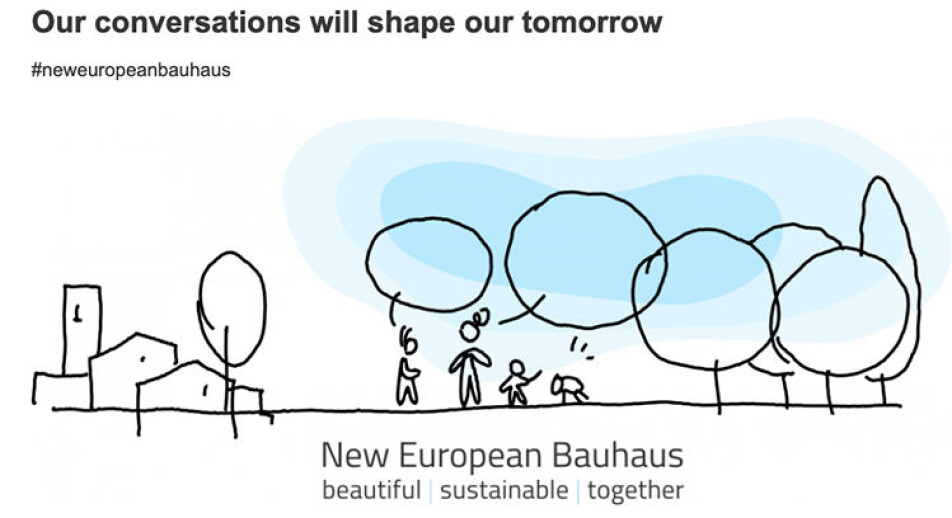
Main topics for NTNU’s contribution
As a starting point, NTNU has selected the following main topics for the university’s contribution to the NEB.
- Sustainable, circular, climate-neutral cities: Innovative design, solutions, governance and business models with co-benefits such as urban resilience, health, well-being, social coherence, preservation of cultural heritage, and job creation.
- Social and societal innovation: bringing together the widest possible range of stakeholders into collaborations for imagining and implementing concrete steps toward achieving climate-neutrality.
- A new role for innovation, experimentation and learning together with stakeholders through systematic use of urban living labs, cultural infrastructure, experimental zones and sandboxes.
- The 15-minute city, with integrated spatial and mobility planning, and sustainable, accessible, secure, beautiful and inclusive public spaces.
- Digital transformation and smart data in cities and communities to create societies where it is easy, safe and pleasant to live, move and work and where the transformation enables sustainable businesses and social activities.
See more content from NTNU:
-
New study: It may become possible to clean boats without toxins
-
Can biology reveal parental manipulation?
-
Fish farming is least harmful to the seabed in the north
-
Study: Centralising hospitals has reduced birth mortality
-
Early testing of schoolchildren: “We found absolutely no effect”
-
This determines whether your income level rises or falls





































